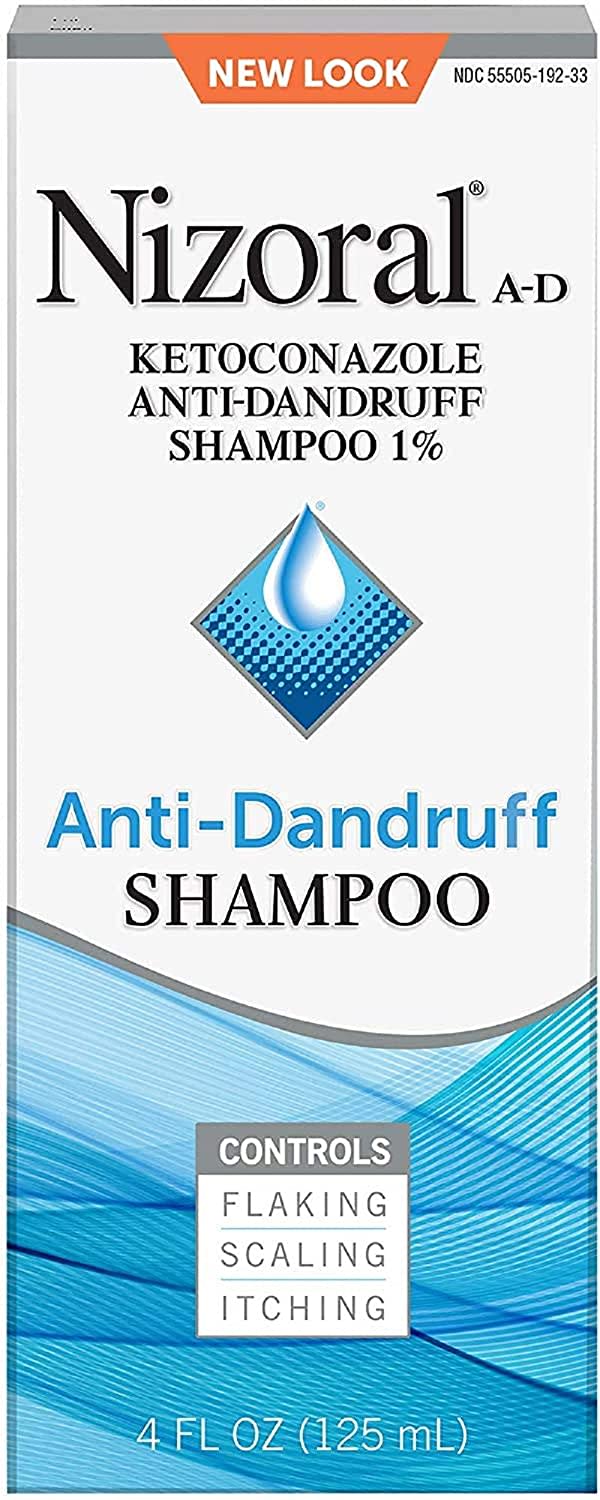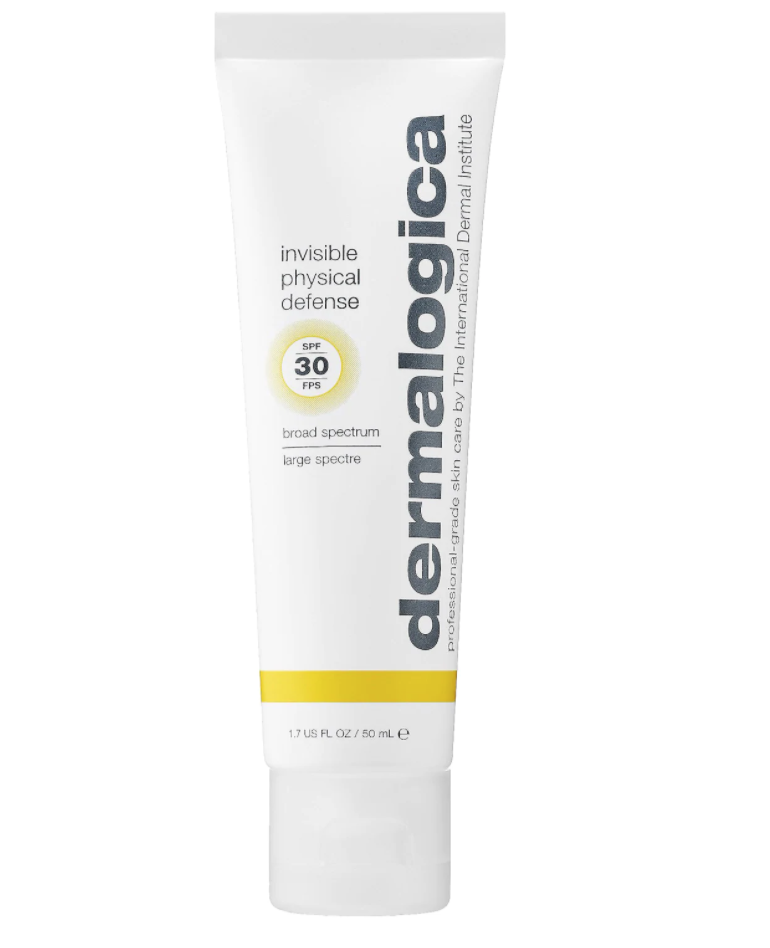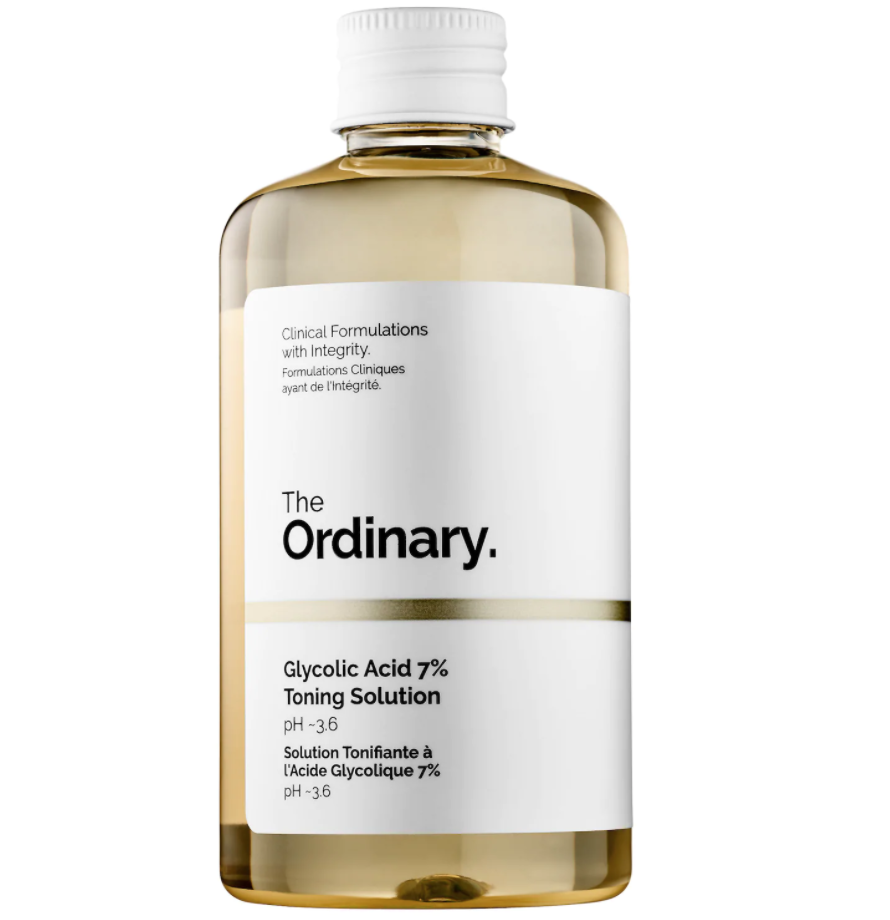Do these TikTok skincare hacks really work? We asked the experts
Looking for more beauty tips, trends and editor-approved tricks and recommendations? Sign up for Yahoo Lifestyle Canada’s newsletter!
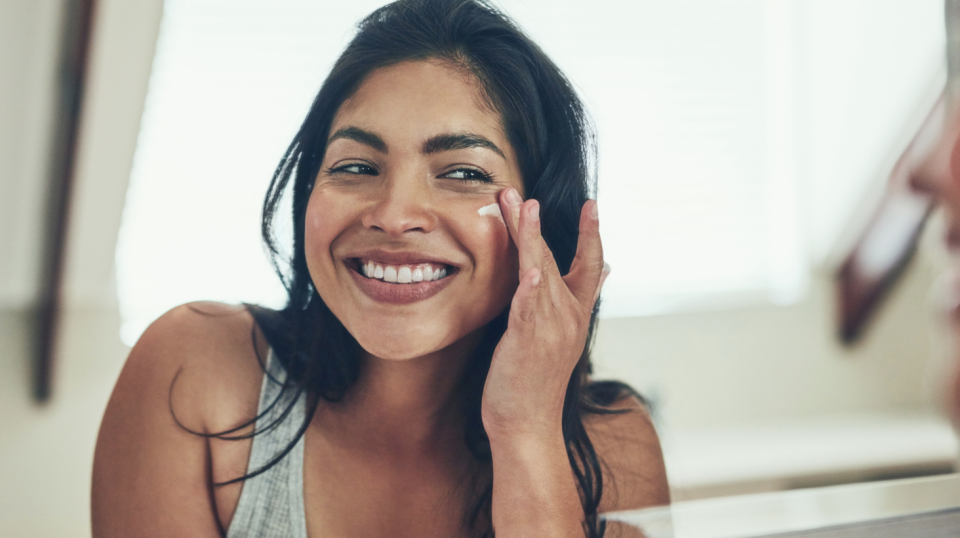
Yahoo Lifestyle Canada is committed to finding you the best products at the best prices. We may receive a share from purchases made via links on this page. Pricing and availability are subject to change.
If you’ve been scrolling through Instagram or TikTok recently, you may have noticed that more users, especially prominent influencers and celebrities, have been talking about skincare.
From a.m. and p.m. routines to product recommendations to educational videos on common skincare products, influencers, such as Hyram Yarbro (SkincarebyHyram), Dr. Andrea Suarez and Liah Yoo, have amassed followings that rival traditional makeup and beauty gurus.
We’ve mined their accounts to share seven of the best dermatologist-approved pieces of advice — and have asked other experts to back them up, too.
Fungal vs. bacterial acne
Hyram Yarbro, a Hawaii-based skincare specialist, has been creating and sharing skin health and educational content since 2015.
In one of his most recent videos, Yarbro provided an explainer on how to treat fungal acne, which often presents as small pimples caused by inflamed hair follicles due to an overgrowth of yeast. According to Yarbro, dandruff shampoo, specifically Nizoral can be used as anti-fungal skincare treatments thanks to ingredients like ketoconazole, zinc pyrithione or selenium sulfide, which help prevent fungus from replicating.
Nizoral Anti-Dandruff Shampoo
SHOP IT: Amazon, $35
These little pimples tend to pop up when you live in a hot and humid climate. In an interview with Yahoo Canada, Toronto-based dermatologist Dr. Jaclyn Linzon-Smith of Forest Hill Dermatology said she’s been receiving more questions about fungal acne than ever before.
“A lot of patients are coming to me right now and asking about this which is interesting. I didn't know that this was something that’s being promoted on social media or by skincare influencers,” she said, adding that she usually prescribes oral treatments to patients who are turned off by the idea of a topical anti-fungal cream.
Bacterial acne products that contain well-known acne fighting ingredients such as salicylic acid, niacinamide or benzoyl peroxide will not get rid of fungal acne. Unlike the white and blackheads associated with bacterial acne, Linzon-Smith said fungal acne presents as uniform and red and tends to be overly itchy.
Bye bye fragrances
You don’t have to be a skincare expert to know that products with fragrances aren’t the greatest for your skin. While they may not be irritating for everyone, those with sensitive skin may experience some more inflammation and irritation due to added fragrances.
Rihanna’s latest launch of skincare products, Fenty Skin, sparked controversy for containing a large amount of fragrances. Dr. Angela Suarez, known online as Dr. Drayz, is a skincare influencer as well as a certified dermatologist with more than 196,000 followers on Instagram.
In a video shared to YouTube, Suarez took the time to break down exactly why fragrances can be damaging to the skin and explained the differences between common fragrance ingredients and ones that can potentially cause issues.
“Fragrance is not just one ingredient, it's an umbrella term for multiple ingredients, there are hundreds of them, but most dermatologists know which ones commonly cause problems,” Suarez said.
As Suarez explained, allergic contact dermatitis, a form of eczema or a red rash caused by a foreign ingredient is often caused by products with harmful fragrances. A flare up can range from mild to severe depending on the strength of the ingredient and the sensitivity of the skin.
With that in mind, it’s worth taking the extra time to research your products and take a deep dive into the ingredient list to figure out whether a product may do more harm than good. Before applying any new products to your face, be sure to do a patch test. Take a small amount and test it on your arm or leg, or a small, less visible part of your face. If your skin doesn’t react negatively within the first 24 hours, you’re good to go.
Natural doesn’t always mean better
Now more than ever, consumers are looking for the keywords “natural” and “organic” in most of their beauty products. However, throughout most of his content, Yarbro has been reminding viewers that natural doesn’t automatically mean better - and dermatologists agree.
ALSO SEE: I used this $48 eye cream for two weeks straight — here's what happened
If your favourite moisturizer says it has no chemical fragrances, but has “natural fragrance,” listed on the packaging, it can still irritate your skin.
“As we all know poison ivy is natural and it can give you a very nasty rash,” said Linzon-Smith. “A lot of essential oils were naturally developed in order to fend off insects from eating the plants. They're basically toxins themselves and we put them on our skin. Plus, they’re not as tested as more processed products, so there isn’t as much data to back them up.”
Sunscreen is king
If you’re not already doing so, you should be wearing sunscreen every day — even during the winter, a message that has been driven by nearly every skincare or makeup blogger. Protecting yourself from harmful UV rays is the easiest way to slow down the aging process, and who doesn’t want youthful looking skin?
Dermalogica Invisible Physical Defense Sunscreen SPF 30
SHOP IT: Sephora, $77
“We as dermatologists did not have a very good track record of getting our patients to actually use sunscreen, especially because the younger generation often doesn’t like to listen to their doctors. But when they see someone who they think would be their friend tell them to do it, it’s done. So kudos to these influencers,” said Linzon-Smith. “I think we’ll see a lot of positive skin results over the next decade in terms of skin cancer statistics.”
ALSO SEE: I'm a beauty editor, and this is the new $55 serum I've been using to tackle dehydrated skin
Aside from skin cancer, Linzon-Smith explained that the UV radiation can lead to hyperpigmentation and wrinkles. So don’t forget to throw on that SPF every morning.
Ditch those wipes
If you’re still removing your makeup with a makeup wipe every night, it’s time to step into 2020.
Not only do wipes aimlessly spread bacteria around your face, they leave a lot of makeup and grime from your day behind. The wipes themselves also contain harsh ingredients that can cause redness and irritation.
Many influencers, such as Susan Yara from Mixed Makeup, have been vocal about how these convenient, yet wasteful products can actually damage your skin overtime.
“The ingredients in makeup wipes are way too harsh. A lot of them contain alcohol which is very drying, along with strong preservatives to stop the wipes from getting moldy or foster bacteria,” Yara told Yahoo Canada.
For cleaner and healthier skin, Yara recommends ditching the wipes and opting for a double cleansing routine. This ensures that not only have you fully removed your makeup, but you’ve thoroughly cleansed your skin, leaving behind no bacteria to foster overnight.
Chemical vs. physical exfoliants
If you’ve ever explored the skincare realm of Instagram, you’ve likely heard about the Apricot Scrub by St. Ives.
The infamous facial scrub has become more of a meme in the skincare world due to its harsh texture and exfoliation level that can cause micro-tears and harvest more bacteria, which can lead to more acne.
As a helpful alternative, many influencers recommend chemical exfoliants such as Paula's Choice Skin Perfecting 2% BHA Liquid or The Ordinary’s Glycolic Acid 7% Toning Solution.
The Ordinary Glycolic Acid 7% Toning Solution
SHOP IT: Sephora, $9
Linzon-Smith told Yahoo Canada she often recommends chemical exfoliants simply because she’s able to prescribe them while physical exfoliants, such as scrubs, are often sold over the counter. Still, she feels the debate between the two categories is largely exaggerated since both can cause an equal amount of damage.
ALSO SEE: Soko Glam is having a Friends & Family Sale: Save 20% off these K-beauty must-haves
“Chemical exfoliants are easier and a bit cleaner to use, and in my opinion there’s less of a risk of hurting yourself. But they can still cause some damage due to a chemical imbalance if the user is a bit too forceful or aggressive,” Linzon-Smith said. “I think the debate between the two is a bit overblown. It’s mainly about having a balanced and gentle approach with whatever product you’re using—and this really applies for everything in skincare.”
Stop touching your face
While more people are wearing face masks to help prevent the spread of COVID-19, many people have developed an increase in skin issues around the mouth, chin and lower area of the face known as maskne. This pesky side effect is caused by your mask harbouring heat, sweat and moisture which clogs up your pores and creates the perfect environment for bacteria to grow.
Maskne is a prime example of how delicate our skin is and why it’s so important to leave our skin alone. That’s why so many dermatologists and skincare influencers highlight the importance of not touching your face or picking your pimples. Picking causes bacteria to spread over your skin and can even cause scarring if you pick at pimples too aggressively.
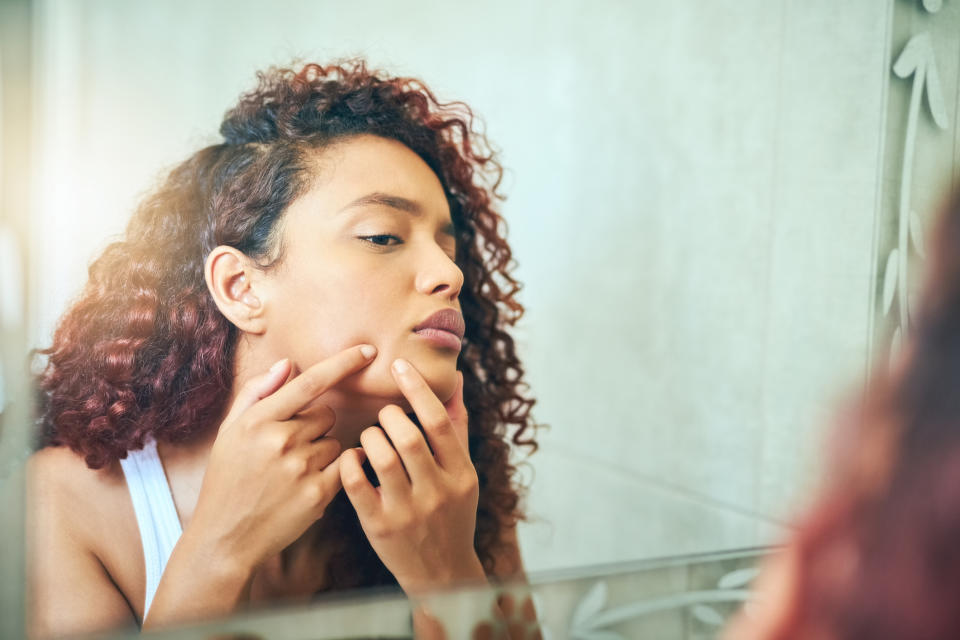
When dealing with chronic acne, it’s likely your skin is going to have a few scars due to inflammation. Linzon-Smith said many of her patients have felt ashamed of their acne scars because they believed they were caused by persistent skin picking - but that’s not always the case.
“In this industry, pimple popping has had a negative reputation for a long time due to potentially causing scarring. The truth is, for people who get acne scarring, it’s often not from popping their own pimples,” she said. “There are patients who can really dig up their skin, which will obviously cause scarring, but the majority of acne scarring is just from having that pimple itself. It saddens me to have patients come in with scars and have thought it was their fault.”
If possible try to avoid touching or picking at your acne. However, if you end up giving in, don’t be too hard on yourself. Just do it cleanly and safely.
Let us know what you think by commenting below and tweeting @YahooStyleCA!Follow us on Twitter and Instagram.

